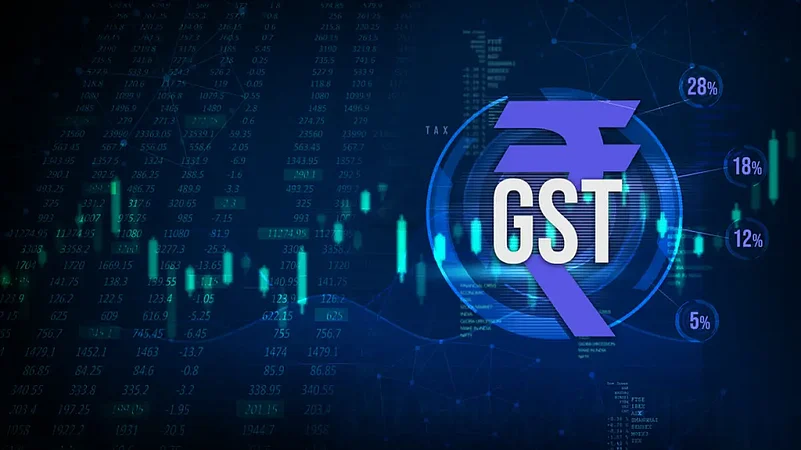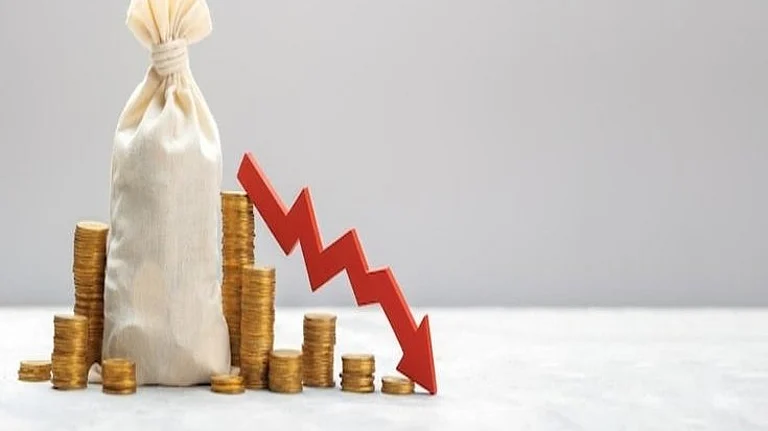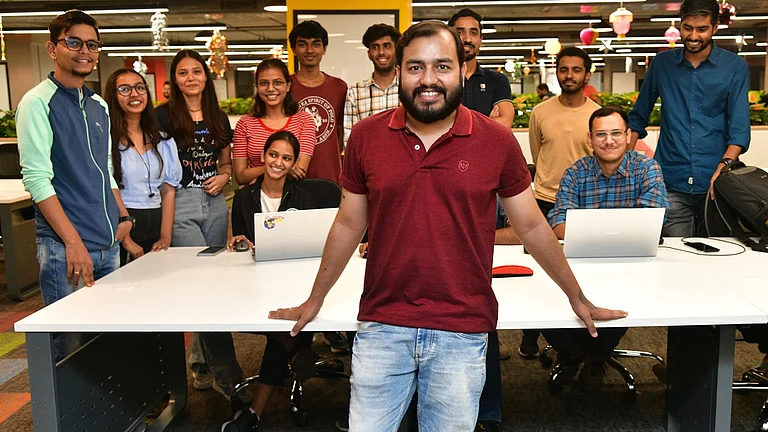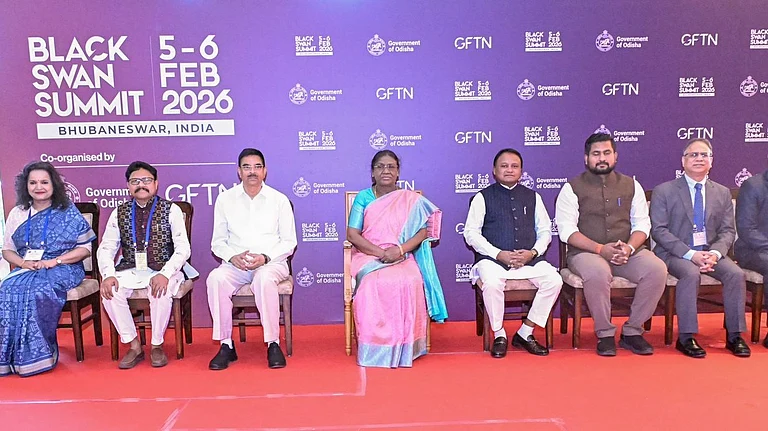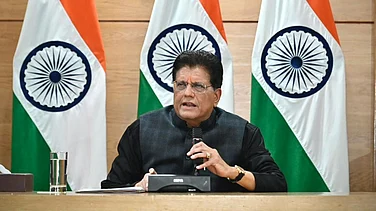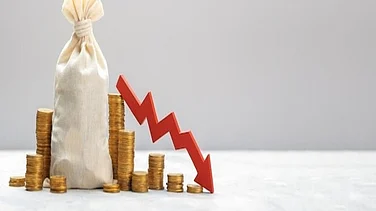As the five periods of compensation payout to states on account of revenue loss ends on July 1, the two-day Goods and Services Tax (GST) Council meeting ended without any decision on its extension.
Several states had raised the issue of compensation regime extension before the Council. The economic slowdown brought the center-state relation under stress, especially as the five-year limit to give 14 per cent compensation on revenue to states under the GST regime ends on July 1. From 2019 onwards, a majority of the non-BJP ruled states, like Rajasthan, Tamil Nadu, Chhattisgarh, Kerala, West Bengal, Delhi, and Punjab, have been pushing for an extension of the GST compensation period by five years.
Regarding that, about a dozen states on Wednesday sought an extension of the GST compensation mechanism beyond this month and hoped for a favorable outcome of extending it by a few years.
“As many as 16 states spoke on GST compensation in today’s meeting. Of this there were 3-4 states that said that they have to stand on their own and not depend on compensation,” Sitharaman said.
A final decision could be taken in the next GST council meeting in the first week of August, Finance Minister Nirmala Sitharaman said while talking to the media after the 47th GST Council meeting in Chandigarh.
When a nationwide Goods and Services Tax (GST) subsumed 17 central and state levies from July 1, 2017, it was decided that states will be compensated for any loss of revenue from the new tax for five years. With two years being lost in the pandemic, states have sought an extension of this compensation period by 5 years.
“A few states today said that they would like the compensation to continue for some time, even as few other states said that yes it is a question of coming out of pandemic but they have to stand on their feet. There were broadly statements being made with a sense of whether compensation can be continued if not for five years for a few years,” Sitharaman said.
The GST Council has also decided that it would form a group of ministers to decide on forming a tribunal for the resolution of any disputes between the Centre and states regarding GST.
When GST was rolled out, states were promised compensation for revenue loss till June 2022. The compensation amount was raised from levying a cess on luxury, demerit, and sin goods over and above the 28 per cent tax.
Opposition-ruled states such as Chhattisgarh, Kerala, and Rajasthan want the compensation regime to be extended by 5 years or the share of states in the GST revenues to be increased to 70-80 per cent from the current 50 per cent.
Union Territory Puducherry too wants that the compensation mechanism should be extended to make good the losses suffered due to the GST rollout and expected some positive outcome in the next council meeting in August.
As per data on revenue growth collated for the Council meeting, only five out of 31 states/UTs — Arunachal Pradesh, Manipur, Mizoram, Nagaland, and Sikkim — registered a revenue growth higher than the protected revenue rate for states under GST in the financial year 2021-22. Puducherry, Punjab, Uttarakhand, and Himachal Pradesh have recorded the highest revenue gap between the protected revenue and post-settlement gross state GST revenue in 2021-22.
Though states' protected revenue has been growing at 14 per cent compounded growth, the cess collection did not increase in the same proportion, COVID-19 further increased the gap between the protected revenue and the actual revenue receipt including a reduction in cess collection.
In order to meet the resource gap of the states due to the short release of compensation, the Centre borrowed and released Rs 1.1 lakh crore in 2020-21 and Rs 1.59 lakh crore in 2021-22 as back-to-back loans to meet a part of the shortfall in cess collection.
The Centre, last week, notified extension of the compensation cess, levied on luxury and demerit goods, till March 2026 to repay borrowing that was done in 2020-21 and 2021-22 to compensate states for GST revenue loss.
Other Decisions
Of the four reports that the GST Council took up for discussion today, it did not take up the report on rate rationalization.
The group of ministers constituted to look into rate rationalization headed by Karnataka Chief Minister Basavaraj S. Bommai has been given an extension of another three months to submit their report.
Currently, the GST rates are much below the revenue-neutral rates, Sitharaman said.
Though a committee had recommended a revenue-neutral GST rate of 15.5 per cent at the time the new tax regime was introduced, the GST rate is currently around only 11.6 per cent.
The GST Council also gave an extension of another two weeks till Jul 15 to the group of ministers headed by Meghalaya Chief Minister Conrad Sangma to submit their final report on online gaming and casino.
The Council will hold its next meeting in August first week in Madurai, Sitharaman said, and take up the report for discussion, she added.






